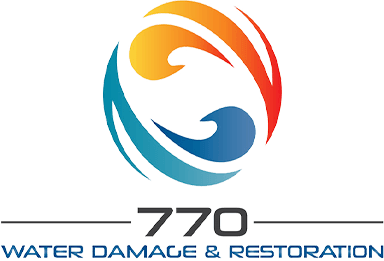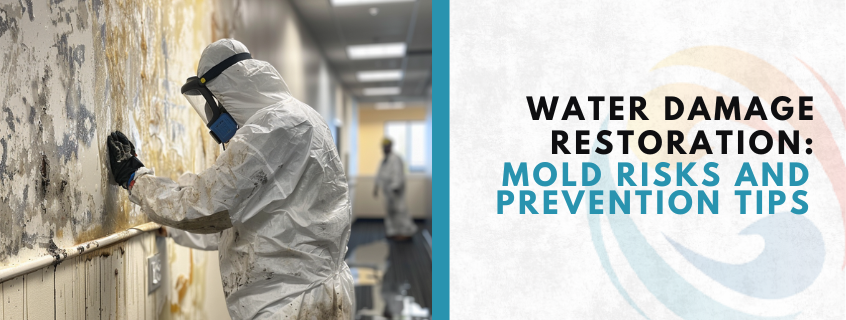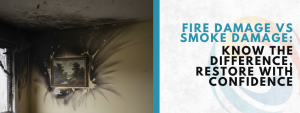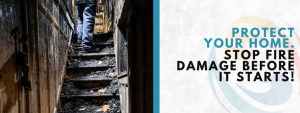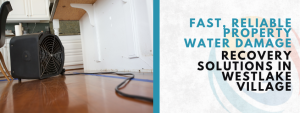Water damage is often more than just a nuisance; if not addressed properly, it can lead to mold growth, which poses health risks and damages your property. Awareness of mold risks during the restoration process is crucial for any homeowner, DIY enthusiast, or even industry professional. Awareness of mold risks and prevention tips is crucial to maintaining a healthy home environment.
Understanding the Mold Risks: Mold Risks and Prevention Tips
Living in Hermosa Beach means enjoying ocean breezes and coastal charm, but it also comes with increased humidity that can raise the risk of mold growth in your home. Mold thrives in warm, damp areas like bathrooms, kitchens, and basements. If left untreated, it can lead to health issues such as allergies, asthma, and respiratory infections, especially in vulnerable individuals like children and seniors.
To prevent mold in your Hermosa Beach home, focus on moisture control. Use exhaust fans in bathrooms, fix leaks promptly, and run dehumidifiers during humid weather. Regularly inspect hidden areas—behind appliances, under sinks, or inside closets—for early signs of mold. Maintaining good airflow and keeping surfaces dry are key steps to keeping your home safe and mold-free..
Prevention: The Key to Keeping Mold
Now that we know the mold risks and prevention tips, let’s focus on preventing mold during the water damage restoration process. Remember, early intervention is your best defense against mold. Here are some practical tips to ensure your home remains mold-free:
- Immediate Action: At the first sign of water damage, take action. Remove excess water using pumps and wet/dry vacuums. The quicker you act, the less chance mold has to establish itself.
- Dry Everything Thoroughly: Use fans and dehumidifiers to dry out the affected areas completely. Open windows and doors when possible to enhance ventilation. If you’re dealing with carpets, consider removing and drying them in the sun.
- Inspect for Hidden Moisture: Mold can grow in hidden areas like under floorboards or behind walls. Consider using a moisture meter to check for hidden dampness.
- Clean and Disinfect: Once the area is dry, clean and disinfect surfaces with a mixture of water and vinegar or specialized mold-cleaning products. While bleach is often used, it may not penetrate porous materials as deeply and can sometimes lead to further issues.
- Seal and Protect: Hermosa Beach home by using mold-resistant products once it’s thoroughly dry and clean. Applying specialized sealants and mold-resistant paints to walls, ceilings, and other vulnerable surfaces can create an effective barrier against moisture intrusion—especially important in coastal environments like Hermosa Beach where humidity levels tend to be higher.
Incorporating mold risks and prevention tips into your routine can lead to a healthier home. By being aware of mold risks and prevention tips, you can take proactive measures.
When to Call a Professional
If mold covers a large area, keeps returning despite cleaning, or if you notice a strong, musty odor that won’t go away, it’s time to call a professional. Mold can spread behind walls, under floors, and through HVAC systems—places only trained experts can properly assess and treat. If your home in Hermosa Beach has recently experienced flooding or a plumbing leak, professional Water Damage Restoration Hermosa Beach can prevent long-term mold issues and structural damage. Professionals use specialized equipment to detect hidden moisture, safely remove mold, and restore affected areas. Acting quickly helps protect your health and investment. When in doubt, hiring a certified restoration expert is the safest and most effective solution.
Common Misconceptions About Mold
In reality, mold can thrive in any damp space, clean or not. Believing bleach is enough or that small spots aren’t serious can lead to bigger problems. Staying informed helps Hermosa Beach residents take smarter steps to prevent mold.
- Not Just a Problem in Basements: While basements are more prone to mold, it can grow in any area where moisture collects. Bathrooms, kitchens, and attics can also be hot spots.
- You Can’t Always See It: Mold can be hidden behind walls or under carpets. Just because you can’t see it doesn’t mean it’s not there. Regular inspections are key.
- DIY Repairs May Not Be Enough: For significant water damage, merely drying out the space may not suffice. Professional remediation can ensure that mold does not come back.
Signs of Mold Growth: What to Watch For
Being proactive means knowing what to look for. Here are some signs that mold may be lurking in your home:
- Musty Odors: A persistent musty smell can indicate mold presence, even if you can’t see it.
- Visible Mold Spots: Discoloration on walls, ceilings, or floors suggests mold issues.
- Increased Allergy Symptoms: If you notice an uptick in sneezing, coughing, or other allergy-related symptoms, it may be linked to mold.
A Quick Guide to Mold Prevention
We encourage you to share these mold risks and prevention tips with others to spread awareness.
To sum it up, here’s a handy checklist for mold prevention during water damage restoration:
- Remove excess water immediately
- Ensure areas are dried thoroughly.
- Inspect hidden spaces for moisture.
- Clean and disinfect as needed.
- Consider professional help when required.
Implementing these mold risks and prevention tips is a step toward a safer, healthier home in Hermosa Beach. Taking action based on mold risks and prevention tips can greatly improve your living conditions and help preserve your coastal property.
Essential FAQs About Water Damage and Mold Prevention
What should I do first if I have water damage?
Prioritize safety by shutting off electricity in the affected area and stopping the water source if possible.
How can I tell if there’s mold in my home?
Watch for musty odors, discoloration on walls or ceilings, and visible mold growth.
How can I prevent mold after restoration?
Dry the area completely with fans or dehumidifiers and clean surfaces thoroughly to remove moisture.
When should I hire professionals for water damage?
Call experts if the damage is widespread, mold is present, or if the cleanup feels overwhelming.
How long does water damage restoration take?
The timeline depends on the severity of the damage. Minor cases may take a few days, while extensive restoration can last several weeks.
